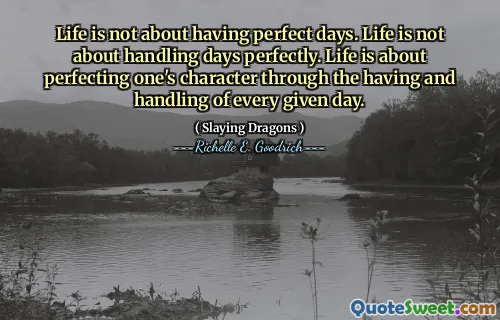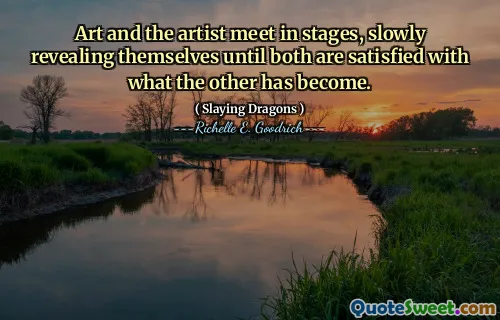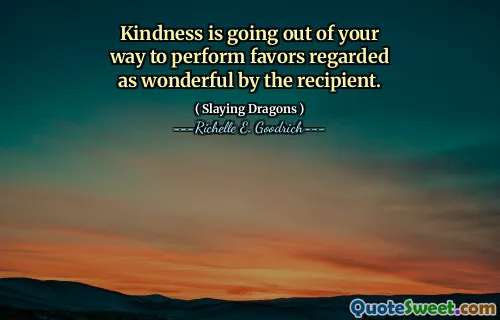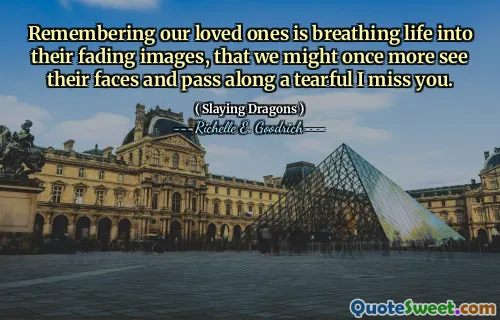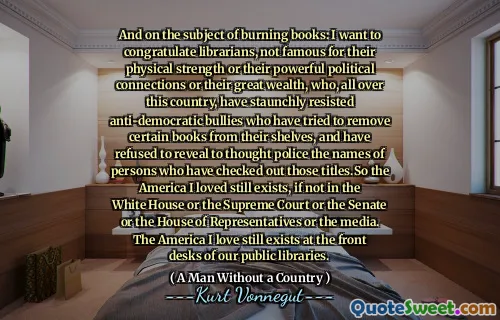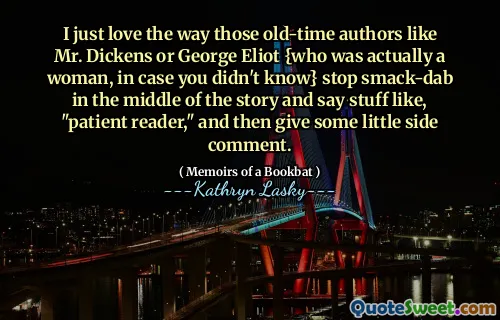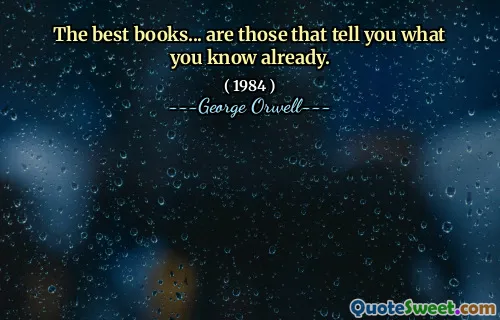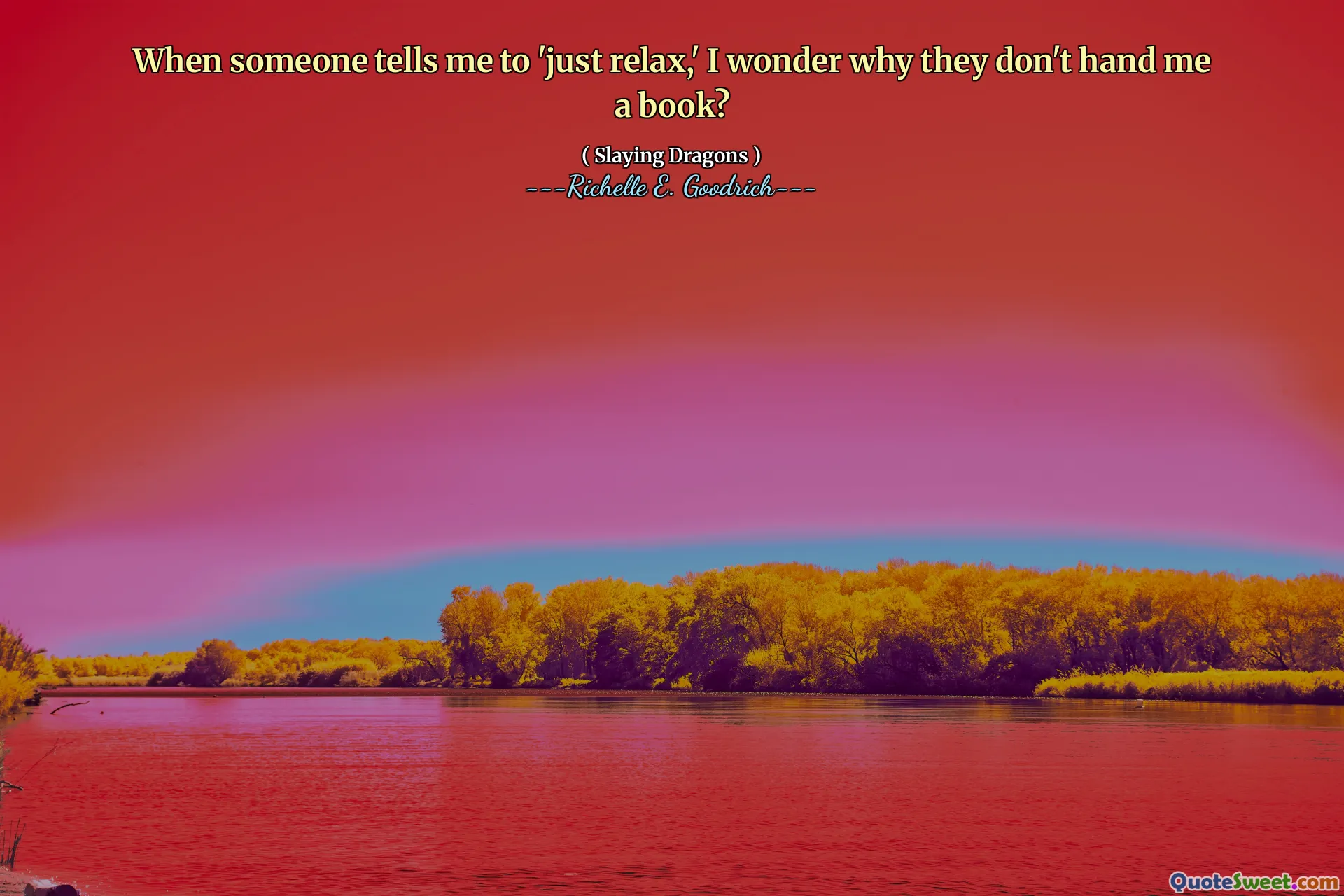
When someone tells me to 'just relax,' I wonder why they don't hand me a book?
The quote highlights a profound yet often overlooked idea about relaxation and how it is perceived socially. Many people casually say "just relax" as if it's a simple command, not fully appreciating that relaxation is a personal and sometimes complex experience. The speaker humorously suggests that if someone truly wants to help them relax, offering a book would be a better approach. This reflects the reality that relaxation often involves engagement, immersion, or escape rather than passive inactivity. Books provide mental refuge, stimulation, and a break from stressful surroundings. They allow one to surrender into different worlds or viewpoints, which can be far more effective than simply trying to will oneself into a calm state. Moreover, the quote underscores how platitudes like "just relax" can feel dismissive to those experiencing stress or anxiety, overlooking the unique ways individuals cope with their tension. Within this context, the quote is not only witty but insightful. It emphasizes the importance of understanding and respecting diverse methods of unwinding. Rather than instructing a person to relax, it calls for empathy and supportive gestures tailored to the individual's needs. By suggesting a book, the speaker invites us to reconsider relaxation as a dynamic, personalized process, facilitating a mindset of curiosity and self-care over simplistic admonitions. This perspective aligns with ideas found in Richelle E. Goodrich's "Slaying Dragons," a work that often explores themes like resilience, healing, and the transformative power of narrative, reinforcing the belief that books and stories can be powerful resources during times of stress.

